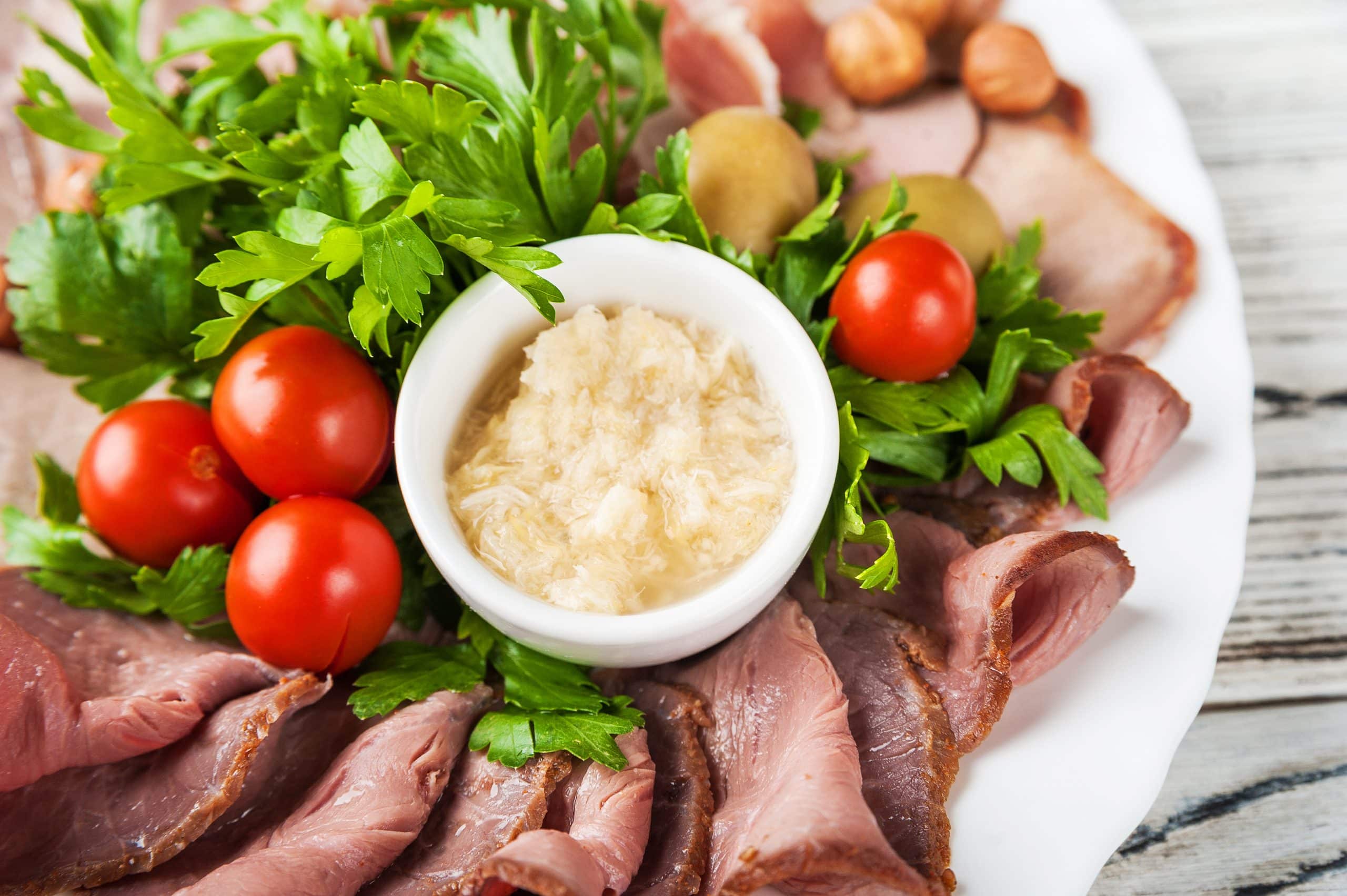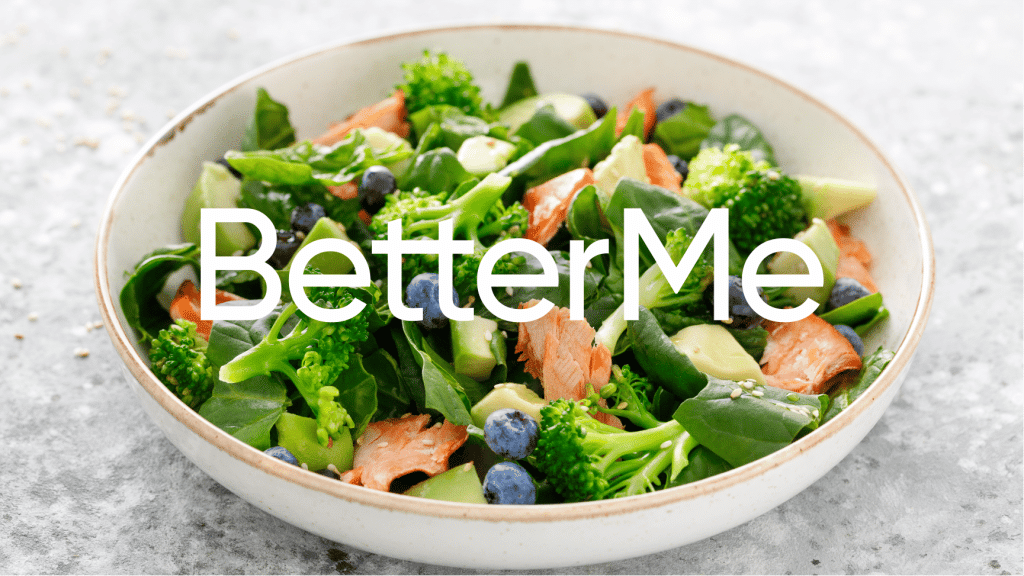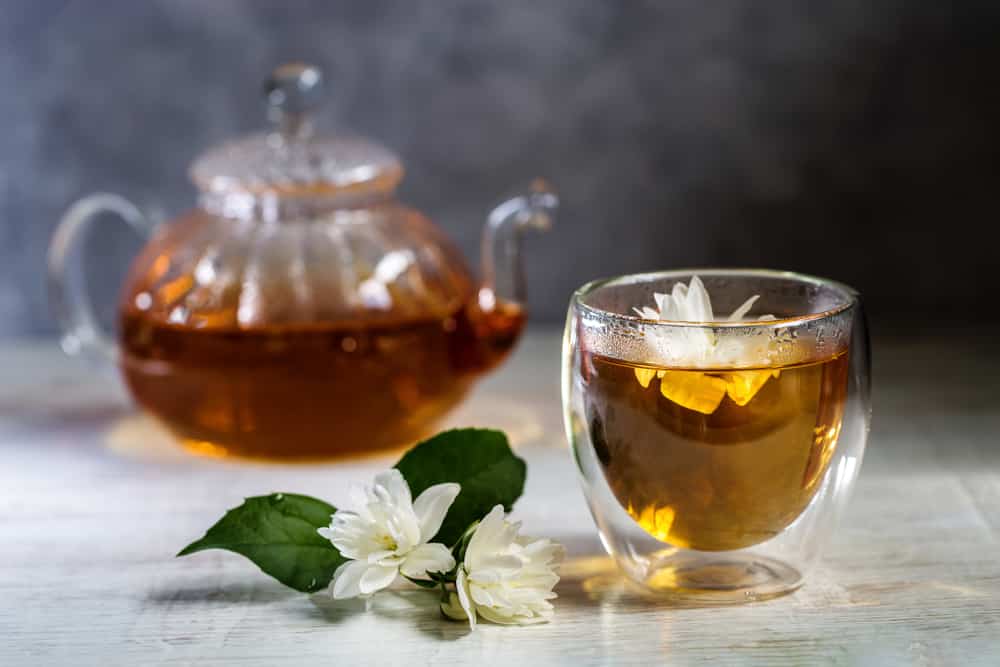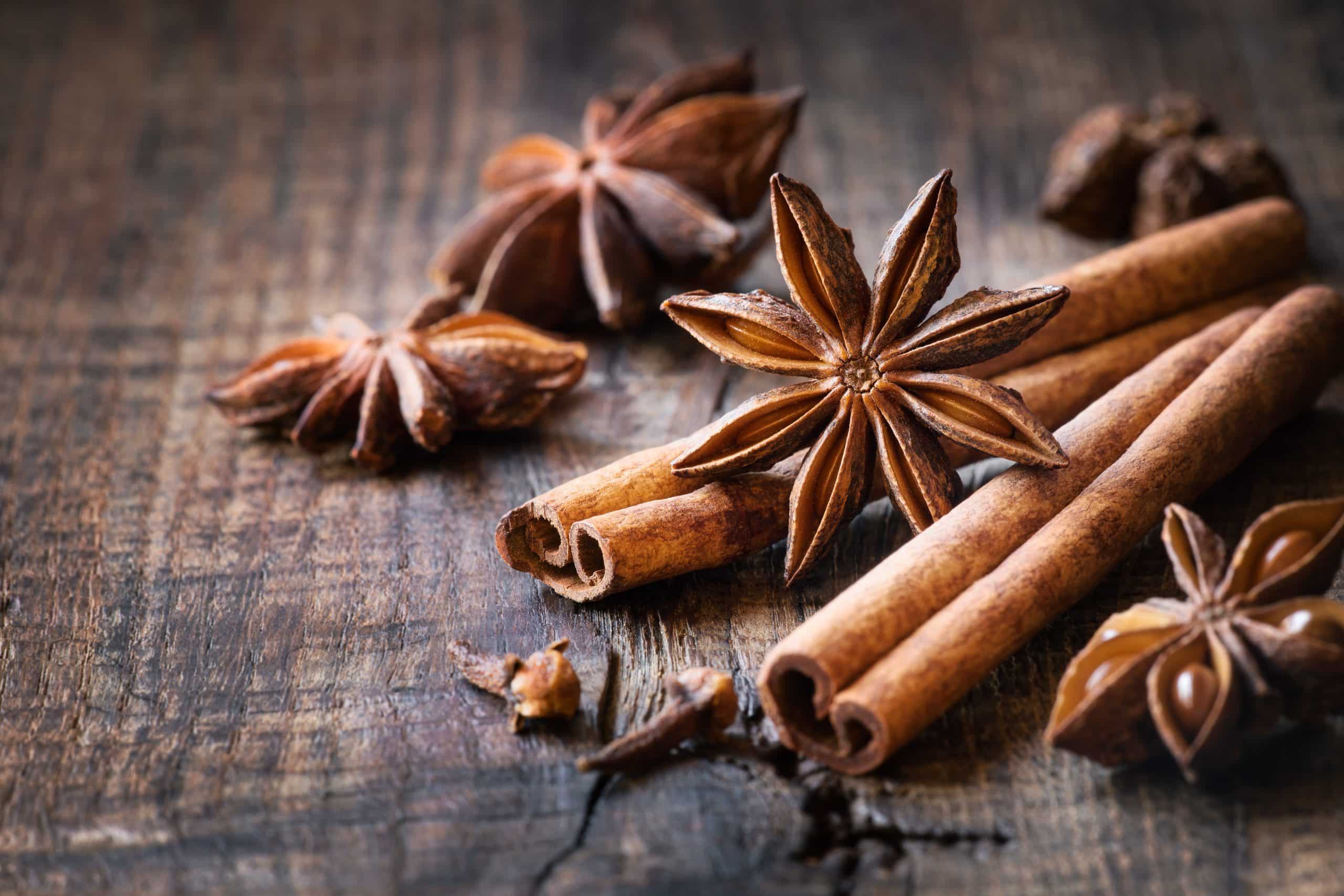You can consume horseradish as a condiment with your favorite steak dinner or as a supplement from the grocery store. When eaten, it is a nutritious, low-calorie, low-fat option, offering a great alternative to calorie-dense, high-fat condiments– especially if you enjoy a little kick. There are many potential horseradish health benefits that you can enjoy however you choose to consume it. Consuming just a tablespoon of prepared horseradish can provide you with a significant portion of your daily value of many vitamins and minerals. In addition, you stand to gain all the health benefits associated with the food, if they are true. Similarly, the horseradish tree is said to offer many of the same benefits, making it another potential choice to add to your diet. This article will focus on the possible health benefits of horseradish, including for the liver and weight loss. It will also cover the alleged medicinal properties of horseradish and purported advantages of the horseradish tree. Read on for all the essential information you need to know about horseradish and your health.
What Are The Horseradish Health Benefits?
Horseradish can be enjoyed as a condiment or taken as an herbal supplement. It contains many important nutrients and some bioactive compounds, such as (12):
- Vitamin C
- Vitamin B1
- Iron
- Potassium
- Calcium
- Magnesium
- Phytoncide
- Essential oils
- Sinigrin
- Flavonoids
According to early research, horseradish may offer anti-cancer benefits. This property is thought to be due to the high level of antioxidants present in the plant, which help remove free radicals before they can damage cells. The antioxidants will bind to the free radicals, rendering them ineffective at causing damage to the surrounding cells. One indication was the potential prevention of lung, stomach, and colon cancer cell growth. However, there needs to be more testing done on humans to fully confirm the results of these early test tube studies (6, 8).
In a later study published in 2020 in Biomolecules, evidence was presented demonstrating that compounds isolated from horseradish were able to cause the death of certain types of cancer cells. However, this was another cell-based test, not a human clinical trial, so it is only the very beginning stage of research into the subject (5).
Horseradish is thought to reduce inflammation because of its high sinigrin content. Sinigrin directly targets the section of the immune system that is responsible for inflammation. However, whether it blocks or changes this part of the system is unclear. While further studies need to be conducted for concrete confirmation, there is an indication that sinigrin may also alleviate the symptoms of atherosclerosis (8).
Read More: The Benefits Of Running In The Morning
Is Horseradish Good For You?
Because of all the potential health benefits of horseradish, it can be an excellent choice for a condiment. Additionally, the nutrition information shows that it is a low-calorie food that will fit within the budget of many diet plans.
The values per one tablespoon of prepared horseradish are as follows (10):
- 6 calories
- 1.4 grams carbohydrates
- 14 milligrams sodium
- 44 milligrams potassium
- 9 milligrams calcium
- 5 milligrams phosphorus
- 0 grams fat
This could make horseradish a good alternative to other condiments, which often lack nutrients and are full of added sugars.
The health benefits of horseradish could also include weight loss. Replacing high calorie, high-fat, and/or high-sugar condiments with horseradish can help reduce calorie intake. Additionally, the presence of isothiocyanates in horseradish has been suggested to increase metabolic rate while activating brown fat (1).
Because of all the nutrients and the potential to help with weight loss, horseradish is an excellent option to be considered as an alternative to high-calorie, high-sugar, and high-fat condiment options.
Is Horseradish Good For The Liver?
The liver is one of the body’s most crucial organs for filtering toxins. Glucosinolates present in horseradish have been suggested to support the liver in its detoxification processes. These compounds may also help protect against some types of cancer (9).
Does Horseradish Have Medicinal Properties?
Horseradish is traditionally known worldwide for its uses in treating various medical ailments. While these are not backed by concrete evidence from scientific studies, many have traditionally used the plant in one form or another to treat these conditions.
Sinus discomfort or sinusitis is commonly treated with juice from the horseradish plant. It will often leave you with a burning sensation in your head that is quickly followed by a release of pressure and clearing of the nasal passages.
Moreover, many rely on it for treating urinary tract infections. Horseradish is thought to have antibacterial properties. The theory behind treating a urinary tract infection is that the horseradish will collect in the urine, treating the bladder and stimulating the body to release more urine more often, flushing out the bacteria (9). It is not, however, a substitute for any treatment or medication prescribed by your doctor.
Lean and toned up body isn’t just a far-fetched fantasy. Check out the BetterMe app and watch it propel your weight loss journey into high gear!
What Is A Horseradish Tree Good For?
Moringa oleifera, more commonly known as the horseradish tree, is a plant many have used for centuries for the medicinal and health benefits it is believed to have.
Every part of the horseradish tree can be consumed and is nutritionally sound. For example, the leaves are an excellent source of nutrients, such as protein, Vitamin A, Vitamin B6, Vitamin C, riboflavin, iron, and magnesium. Taking this plant in the form of dietary supplement capsules will likely not provide the same results as consuming the leaves in terms of supplying nutrients.
Moringa also contains many antioxidants, which may help reduce oxidative stress. Too much oxidative stress is thought to be linked to conditions such as heart disease and type 2 diabetes.
The horseradish tree may also help lower cholesterol, a known factor in the development of cardiovascular disease. Several animal and human studies have suggested this connection (2).
Other potential horseradish tree health benefits may include the following (14):
- Protecting skin
- Keeping hair healthy
- Treating some kinds of edema
- Preventing cancer
- Helping manage diabetes
- Supporting bone health
- Helping wounds to heal
- Reducing high blood pressure
Read More: Hang Clean Muscles Worked, Technique, Variations, And Benefits
The Bottom Line
Many horseradish health benefits range from anticancer to anti-aging. It is also a low-calorie, low-carbohydrate food that you can add to most diets. Its isothiocyanates are believed to stimulate metabolism and fat burn, making it an excellent choice for weight loss.
Many use horseradish for medicinal purposes, including as a sinus remedy and adjunct urinary tract infection treatment. Horseradish may help clear the nasal passages, as well as remove the bacteria from the urinary tract because of its antibacterial properties.
Similarly, the horseradish tree offers many potential benefits. However, in supplement form, it is probably less potent than eating it fresh. Both plants are known for their powerful health benefits and are considered healthy options for most individuals to add to their diets.
DISCLAIMER:
This article is intended for general informational purposes only and does not serve to address individual circumstances. It is not a substitute for professional advice or help and should not be relied on for making any kind of decision-making. Any action taken as a direct or indirect result of the information in this article is entirely at your own risk and is your sole responsibility.
BetterMe, its content staff, and its medical advisors accept no responsibility for inaccuracies, errors, misstatements, inconsistencies, or omissions and specifically disclaim any liability, loss or risk, personal, professional or otherwise, which may be incurred as a consequence, directly or indirectly, of the use and/or application of any content.
You should always seek the advice of your physician or other qualified health provider with any questions you may have regarding a medical condition or your specific situation. Never disregard professional medical advice or delay seeking it because of BetterMe content. If you suspect or think you may have a medical emergency, call your doctor.
SOURCES:
- 7 Ways to Naturally Boost Your Metabolism (2017, nbcnews.com)
- 6 Science-Based Health Benefits of Moringa oleifera (2019, healthline.com)
- Acute effects of mustard, horseradish, black pepper and ginger on energy expenditure, appetite, ad libitum energy intake and energy balance in human subjects (2012, cambridge.org)
- Antimicrobial Activity of Isothiocyanates (ITCs) Extracted from Horseradish (Armoacia rusticana) Root against Oral Microorganisms (2013, jstage.jst.go.jp)
- Biological Effects of Glucosinolate Degradation Products from Horseradish: A Horse that Wins the Race (2020, ncbi.nlm.nih.gov)
- Correlation of Quinone Reductase Activity and Allyl Isotiocyanate Formation Among Different Genotypes and Grades of Horseradish Roots (2015, pubs.acs.org)
- Evaluation of an Aqueous Extract from Horseradish Root (Amoracia rusticana Radix) against Lipopolysaccharide-Induced Cellular Inflammation Reaction (2017, ncbi.nlm.nih.gov)
- Health Benefits of Horseradish (2022, webmd.com)
- Horseradish (2021, lifeextension.com)
- Nutrition Information (n.d., horseradish.org)
- Strong antioxidant capacity of horseradish hairy root cultures under arsenic stress indicates the possible use of Armoracia rusticana plants for phytoremediation (2019, pubmed.ncbi.nlm.nih.gov)
- Study on herbal actions of horseradish (Armoracia rusticana) (2013, journal-of-agroalimentary.ro)
- What Is Horseradish? Everything You Need To Know (2019, healthline.com)
- What makes moringa good for you? (2020, medicalnewstoday.com)










